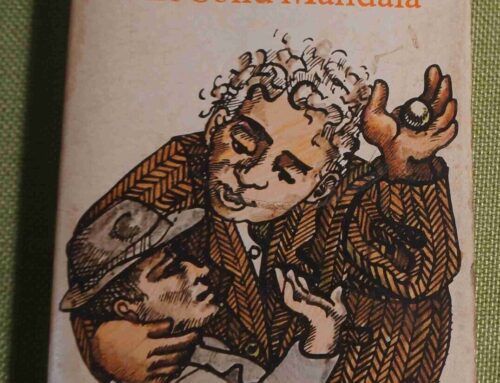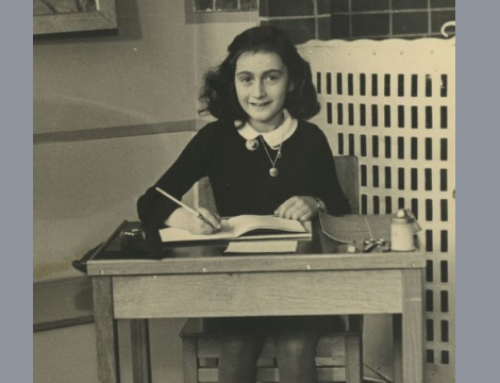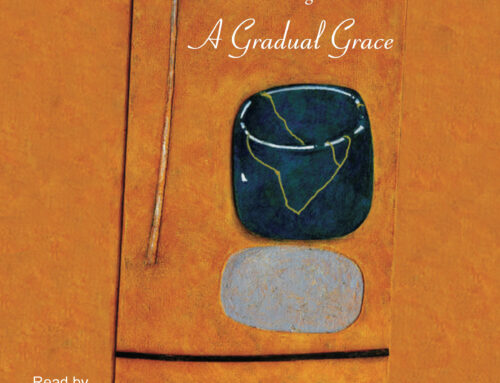Madeline Miller’s novel, The Song of Achilles, was awarded The Orange Prize in 2012. It has received many rave reviews; my copy has three pages of excerpts from them. I confess this always makes me sceptical, as I tend to be an outsider when it comes to reviews. I often don’t agree with award judges and the attendant reviewers.
In this case, I had recently read Pat Barker’s 2018 novel, The Silence of the Girls. An awkward and uninviting title, seeming to be a lame take on the book and film, The Silence of the Lambs. However, this book surprised me by overcoming my initial lukewarm response to what seemed a rather plodding story and gripping me, so that by the end, I didn’t want it to finish. I will review this book soon. It was shortlisted for the Women’s Prize for Fiction in 2019 (which previously was called the Orange Prize). It took the story of the Trojan War from the obscure angle of a woman captured from the city of Troy, Briseis, who became Achilles’ bed-slave (though in the story, he shows little interest in her).
Briseis features, towards the end, in The Song of Achilles too; not as a queen-become-slave, but as an Anatolian farm-girl. Her story is told differently in the two books, in terms of her relationship with the hero Achilles and his offsider, Patroclus. As is the story of Patroclus. I’ll talk more about this in my review of Barker’s novel. Suffice to say here that I found Barker’s take on the characters and relationship of Achilles and Patroclus and the part played by Briseis more convincing than Miller’s. I’m not sure why this is so, without revisiting The Silence of the Girls.
To take The Song of Achilles as a story in its own right, while acknowledging the research (ten years of it) and scholarship (Miller is a Classics graduate and a high school teacher of Latin, Greek, and Shakespeare), I find it underwhelming. It kept me turning the pages, but I find the narrator, Patroclus, unconvincing as Achilles’ beloved. As a young boy, son of King Peleus, he was ‘a disappointment’ to his father, being neither fast nor strong, unable to sing. He is exiled at the age of ten, fostered by King Peleus in Phthia, whose son, Achilles, is born of Peleus’ union (by ravishment) with the sea goddess Thetis. And so it comes about that Achilles and Patroclus grow up together. His foster father treats him kindly, and the beautiful Achilles, sure of step and confident in his place in the world, gradually befriends Patroclus and wins his heart and devotion. This is where I started to feel sceptical. Since Patroclus is the narrator and constantly puts himself down, as do others, it is hard to imagine that such an unequal relationship would grow. We are not given Achilles’ inner thoughts to help us understand this. He is nearly always seen through Patroclus’s adoring eyes. When they do become lovers, the love scenes are unconvincing. I accept that, as a cis-hetero woman, I’m not in a position to judge the truth of these love scenes, and that it would be impossible for me to write a love scene between two men in a convincing way.
When Achilles sulks in his tent because Agamemnon, the Greek general, has taken his bed-slave Briseis, Patroclus pleads with Achilles to relent and go out to fight again. Met with Achilles’ adamant refusal, Patroclus says he will wear Achilles’ armour and lead the Greeks. The author handles the improbable battle scene, with weakling Patroclus transformed into a hero in the passion of battle, quite well:
Perhaps it was the armour, moulding me. Perhaps it was the years of watching him. But the position my shoulder held was not the old wobbling awkwardness. It was higher, stronger, a perfect balance.
And in a twist of fate, when Patroclus is climbing the walls of Troy, the god Apollo intervenes and drops him down to the stones below, leaving him defenceless, to be finished off by Hector. He dies knowing that Achilles will now return to battle and take Hector’s life, and thus the prophecy, that Achilles will die when Hector is killed, is fulfilled.
It is an intricate plot, with the gods having agency in the human battle and beyond, and Miller manages it well. Where I lose connection again with the story is in the aftermath of Achilles’ death. The narrator is dead, but continues to have agency. His spirit is desperate for his ashes to mingle with Achilles’ in the tomb, so that he can join Achilles in the underworld, but the tomb has only Achilles’ name on it. He speaks to Odysseus, the wily negotiator, in his sleep and pleads with him to intervene. Odysseus fails. Then he speaks to Thetis, Achilles’ cruel sea-goddess mother, and by telling her of his memories of Achilles when he was young, he moves her and she relents, and marks his name on the tomb. While it is quite plausible, in this world where gods intervene in the affairs of men (and women), that Patroculus’s spirit will continue to have agency after death, the ending feels contrived. I would have found it more satisfying if Patroclus had been left behind to roam, a restless spirit, rather than this faux romantic ending:
In the darkness, two shadows, reaching through the hopeless, heavy dusk. Their hands meet, and light spills in a flood, like a hundred golden urns pouring out the sun.
I recognise that many may find this ending a fitting climax to a heroic tale of love and war. But after so much bloodshed, so much cruelty, and the hitherto perfect Achilles’ betrayal of his fellow soldiers over a blow to his ego (the theft of his bed-slave Briseis) this strikes a false note for me.




